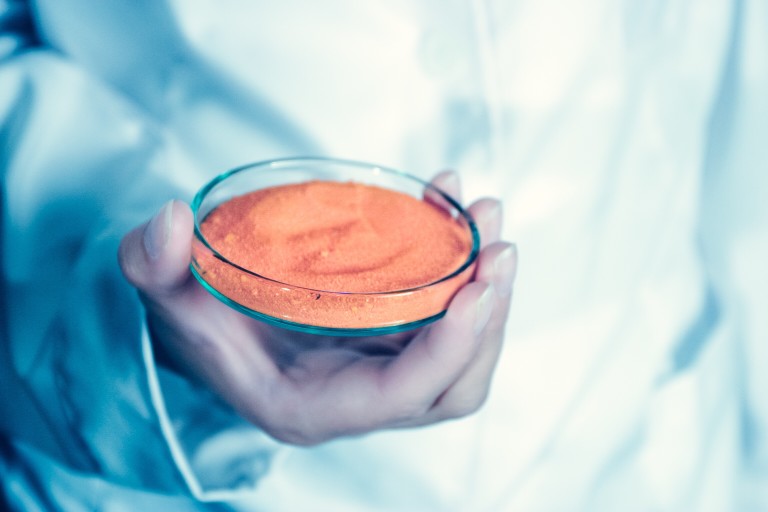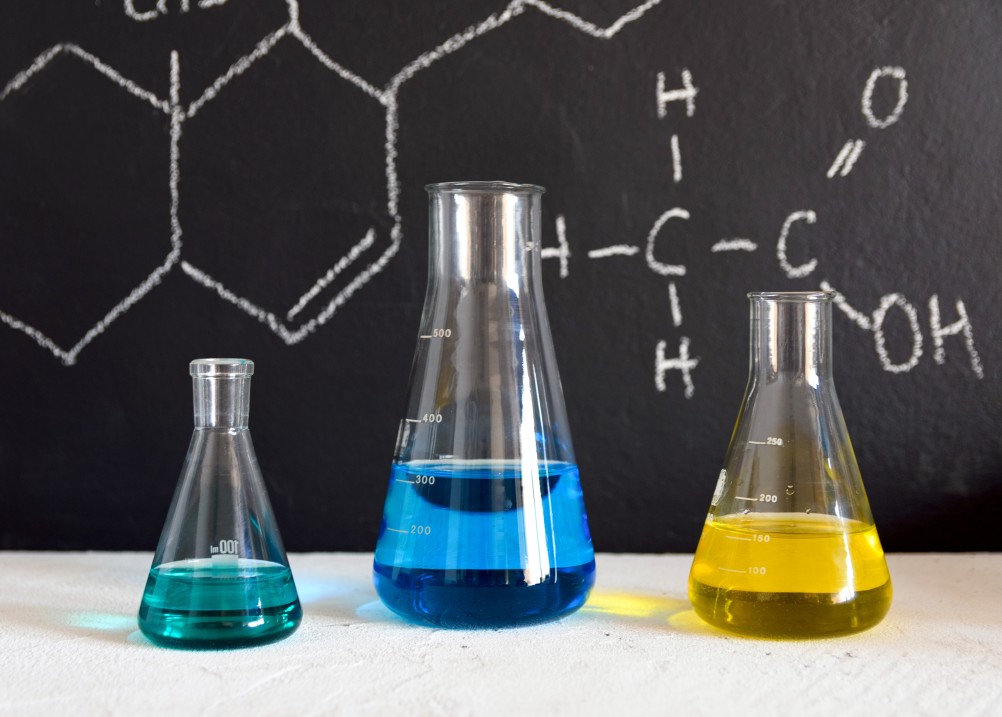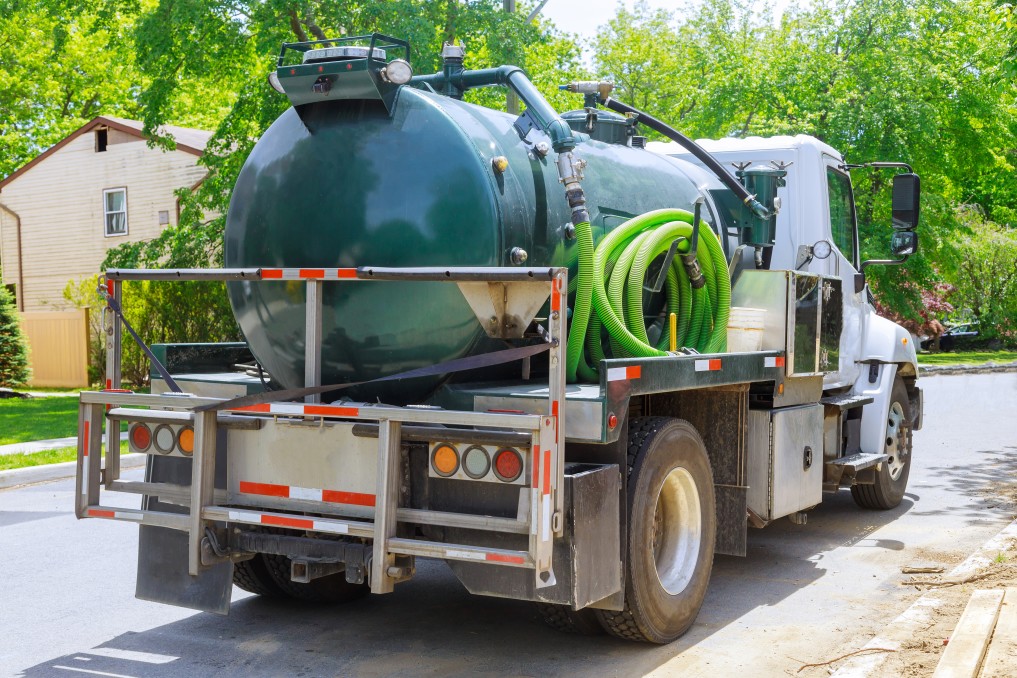Is Rid-X Safe for your Septic System?
Published on October 16, 2020

We’ve heard it multiple times: “Is Rid-X Safe for your Septic System?” We’re going to answer a question with a question: Do you need to use Rid-X or any other additive? If the reason is to avoid regular pumping, the answer is no. Not because Rid-X is necessarily harmful, but that it has created an impression that it can replace other, more important, aspects of septic system maintenance.
Do septic additives really work?
Many homeowners strive to make their septic systems more efficient by using additives, like Rid-X, to give the bacteria in their tanks a little boost. Bonus points for septic system awareness! But… hold that enthusiasm for something a little more productive. The bacteria in your tank needs a diverse biome of bacteria to work properly. That little packet (whether yeast, Rid-X, or other) will only add but so much biodiversity to the system.
The simple act of using the system promotes the growth of bacteria needed to make the system work. The amount of bacteria or enzyme in an additive dose remains small compared to the bacteria already in a tank and therefore provides little, if any, benefit in wastewater breakdown. In addition, if many of the bacteria in your tank died due to introduction of a harmful substance, introduced bacteria will likely die as well. Too much of a good thing can be bad. There are a lot of tips and products for homeowners looking to enhance the bacteria in their septic systems, from commercial additives like Rid-X to more outlandish ideas that include packets of yeast and raw liver!

The bacteria found in human waste works to freely and naturally decompose the solids in your septic tank, allowing them to settle into a layer of sludge. This layer of sludge needs to be pumped out of your system every 2-4 years. The bacteria in your septic system efficiently breaks down solids and slows the accumulation of sludge so long as a properly balanced environment is maintained. On the other hand, if your home is connected to a municipal sewer system, a Residential Sewer cleaning must be done every two years.
Are septic additives worth it?
In a short word: no.
The unneeded expense of additives really will “ADD” up. (Apologies for the dad joke). Keep the extra change to tip your pump truck driver.
One study of 48 septic tanks found no difference in sludge level between
tanks that used bacterial additives and those that did not (McKenzie, 1999).
Is Rid-X Safe for your Septic System? Another question for your question: How much do you pay for a bowel movement? Is that bowel movement safe?
Septic system maintenance for the enthusiastic homeowner…
For those fastidious homeowners who want to win a gold medal in septic tank maintenance – we have a non-exhaustive list of chores below.

The best way to maintain a septic system
Septic tank liquid should look like this: not your typical squeaky-clean maintenance item:

- Review our Maintenance Suggestions such as regular septic tank cleaning
- Avoid putting harsh chemicals – bleach, paint thinners, pesticides, gasoline, antifreeze, etc. – into your system as they can destroy the bacteria that works to keep your system functioning properly.
- Garbage disposals are not recommended for a home that has a septic system because they flood the system with organic solids that the bacteria in the septic tank is not equipped to tackle.
- Never flush inorganic materials, like feminine hygiene products, kitty litter, cigarette butts, or paper towels. They clog your septic tank with non-biodegradable solids.
- Check our septic system laundry suggestions
- Be aware of how much water you’re putting into your system and conserve wherever you possibly can. Combine loads of laundry when you can and only run your dishwasher when it’s full. Flooding your septic system with grey water (water from the washing machine, dishwasher, bathtubs, and showers) will interfere with the bacterial composition in your septic tank and saturate your drain field to the point of exhaustion.
- Keep toxic chemicals from going down the drain. Properly dispose ofsolvents, paint, varnish, oil, and pesticides at the local garbage transfer station.
- Keep grease and fat out of your kitchen drain. Divert runoff and drainage water. Never drain swimming pools or hot tubs onto your septic system or drainfield. Downspouts and roof runoff should be directed away from your drainfield to limit water input to the system.
- Use less water! Repair leaks and install new, water efficient toilets, faucets, and showerheads whenever possible through a plumbing expert. Run the washer and dishwasher only with full loads. This saves money on water and energy bills as well as prolonging the life of the septic system.
Is Rid-X Safe for your Septic System?
References for Further Reading
- https://supeckseptic.com/blog/rid-x-and-septic-tank-additives/
- https://www.rid-x.com/faq/
- https://www.vdwws.com/2013/08/should-i-use-additives-in-my-septic-system/
- Washington State University Extension: “Septic Tank Additives”
Environmental Protection Agency. n.d. Septic Tank Additives. Onsite Wastewater Treatment Systems Special Issues
Fact Sheet 1. EPA 625/R-00/008. http://www.epa.gov/nrmrl/pubs/625r00008/html/html/fs1.htm
McKenzie, M. C. 1999. NC State Produces Landmark Research on Septic Tank Additives. Small Flows Newsletter.
Summer 1999. Vol. 13, No. 3. http://www.nesc.wvu.edu/nsfc/pdf/sf/SFs99.pdf
Contact – post